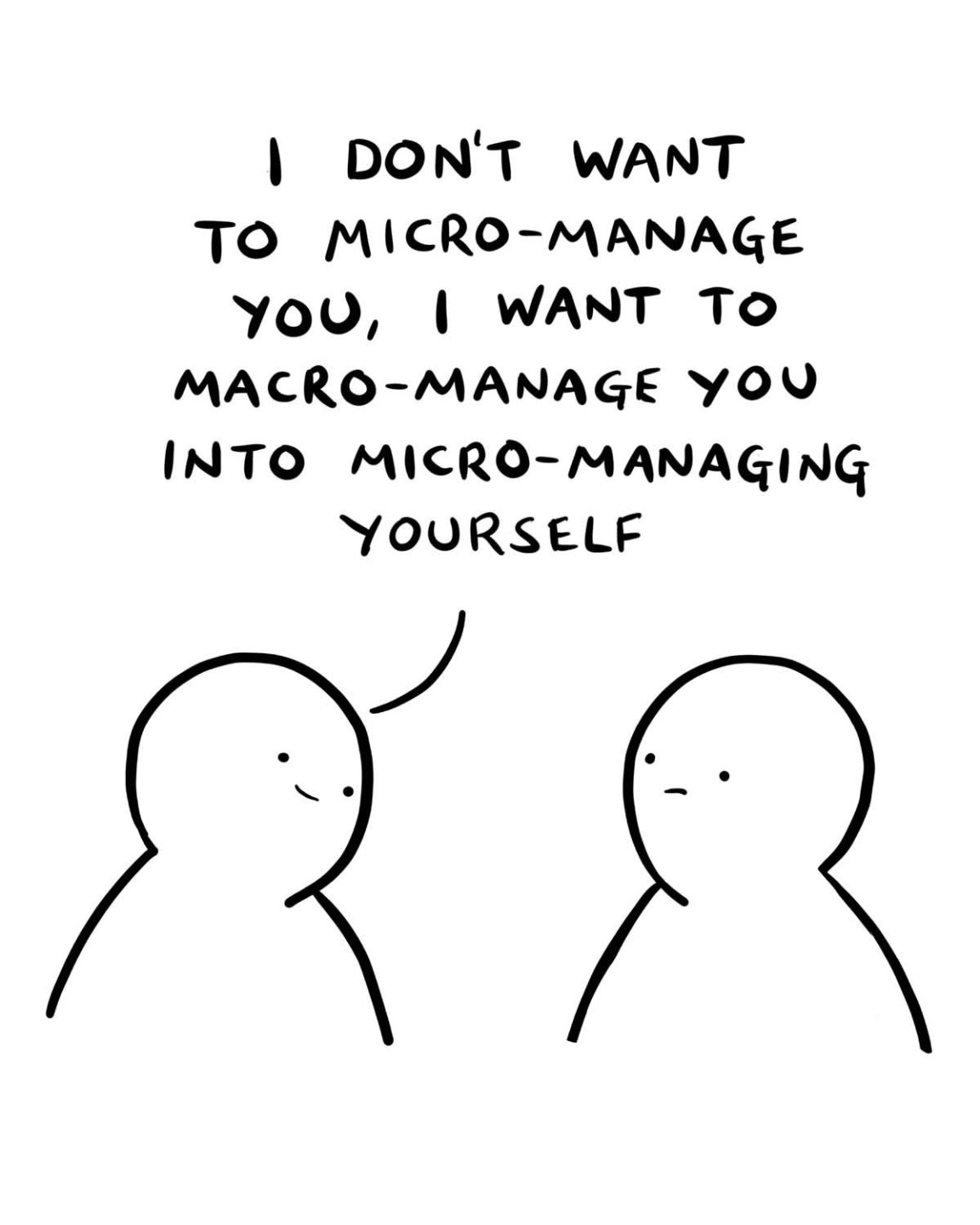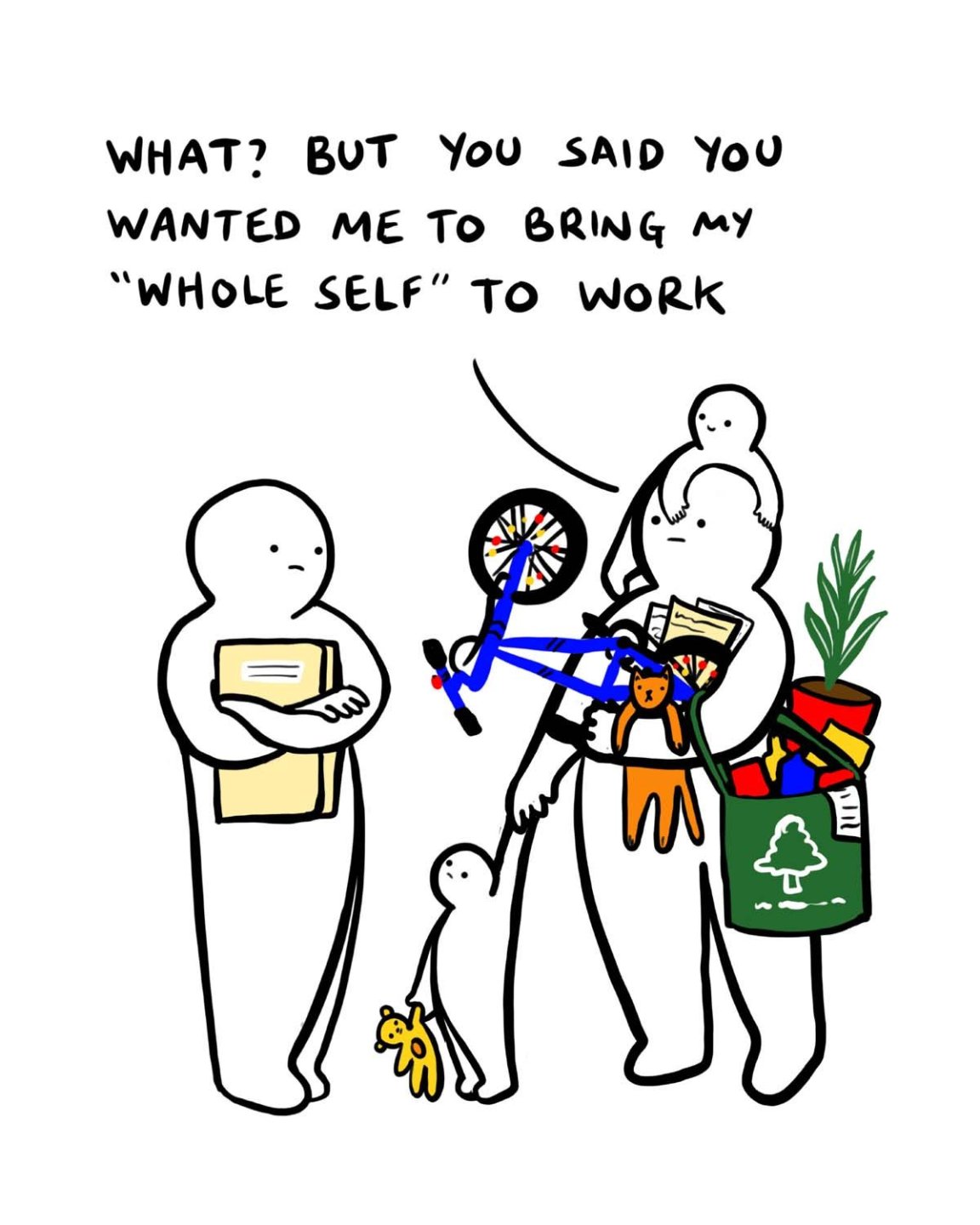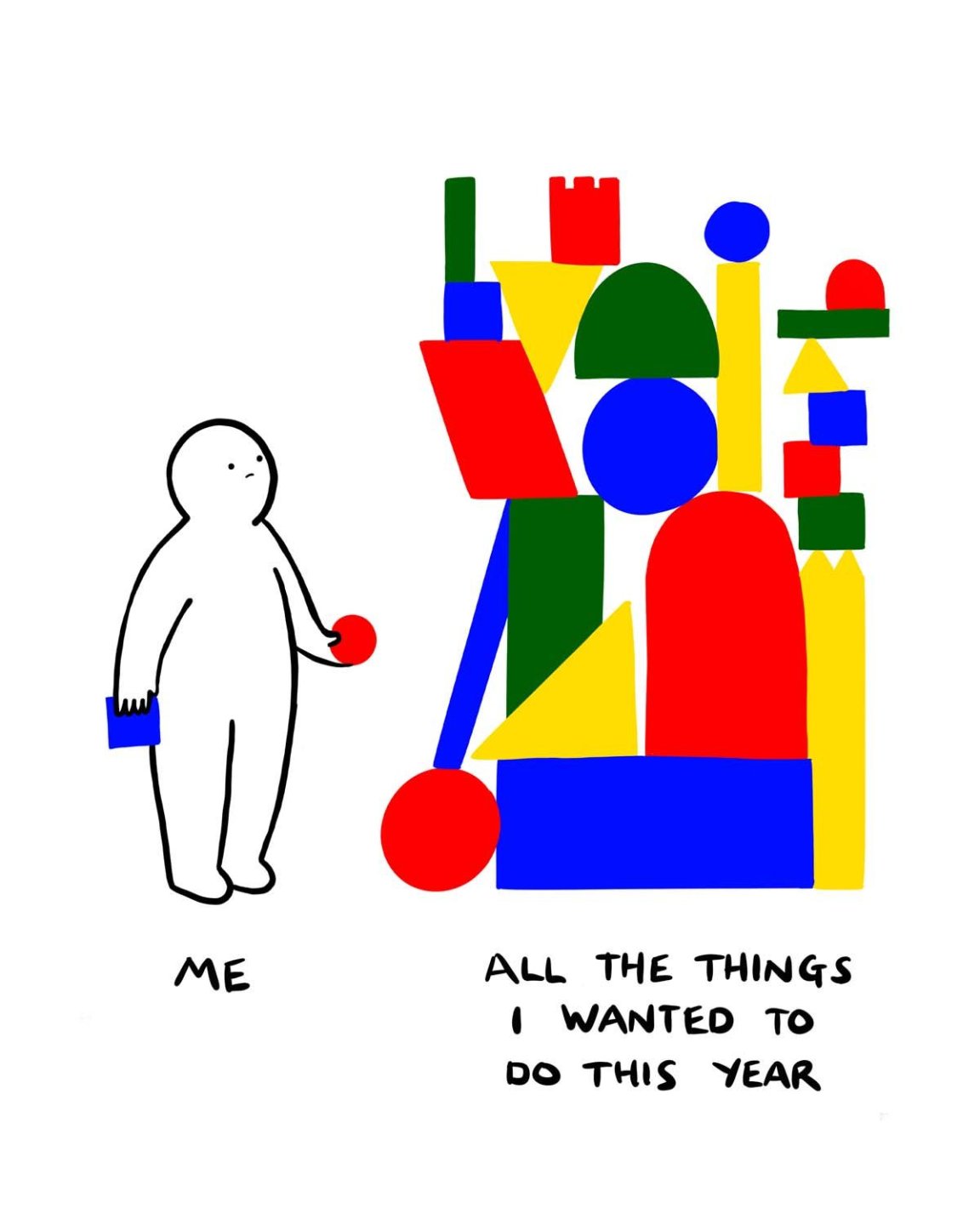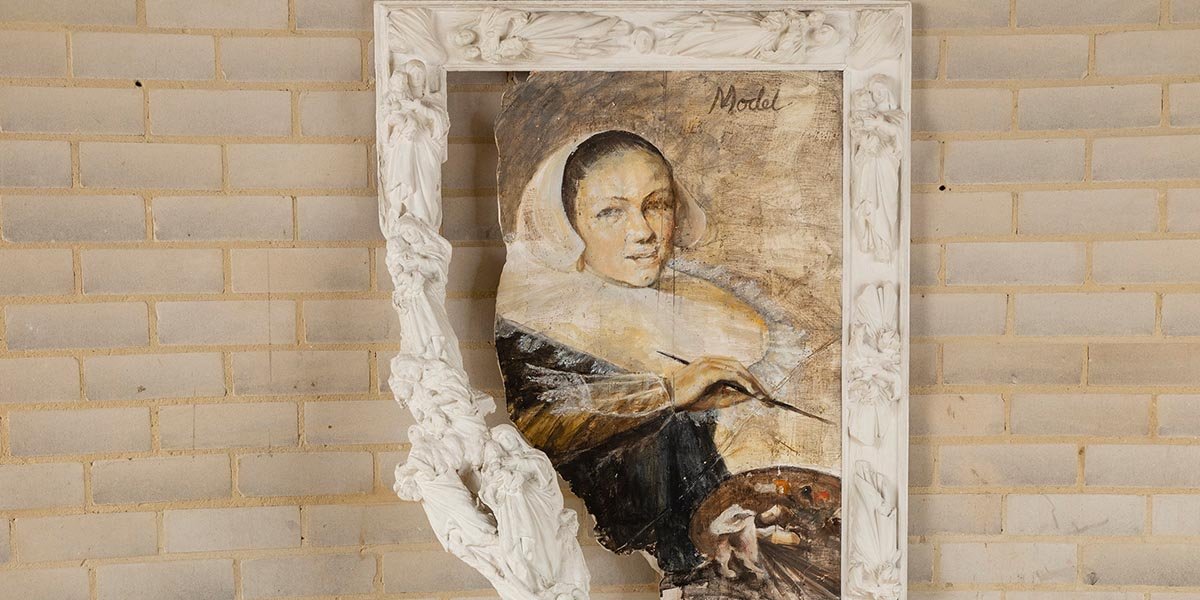Time is of the essence
Google. iCal. Outlook. How the digital calendar became a modern-day story of work, leisure… and power.
This year is the first in a century not to see a printing of the Cambridge Pocket Diary. For some, the diary’s passing is to be lamented, while for others the shift to online scheduling is a welcome efficiency. But do calendars and diaries liberate or constrain us? Are there costs or concerns built in to how we manage our time in the modern world – and if so, how might we escape them?
“I am still grieving for the pocket diary – it was so much better than any digital version,” says Mary Beard, the author, broadcaster and Classics professor. “In a tiny format, it gave you so much information, lots of pages at the back for notes (carefully disguised passwords, for example), and just the right amount of space to get your appointments in. As anyone who knows me would tell you, I am wedded to my iPhone. But it is a terrible error to assume online resources are necessarily better at everything. For one thing, pocket diaries don’t run out of battery.”
“I’ve stopped using a physical diary, because I often lost it,” admits Thomas Roulet, Professor of Organisational Sociology and Leadership at the Cambridge Judge Business School and Fellow of King’s College. “I use two online calendars: Outlook is my official ‘work’ calendar, but Google has everything. The confusion comes when colleagues look at the ‘work’ one, see plenty of space between lectures and teaching sessions and try and book something in. That’s because my supposedly ‘personal’ calendar has plenty more work in it too, such as college hours and research meetings. That’s typical for most of us – it’s increasingly difficult to differentiate between the spheres of work and home, professional and personal. In the world of business organisation research, the online calendar is now itself a subject of study.”
Journalist Oliver Burkeman (Christ’s 1994), author of the bestselling Four Thousand Weeks: Time Management for Mortals, notes that calendars and diaries create the illusory and ultimately unhelpful impression that we have our lives under control. “We have this assumption that there must be a way to organise our calendars that will create time for everything that matters,” he says. “But the point I’d make is that ‘time management’, if it’s to mean anything, has to mean being willing to neglect and not do things that would have been a legitimate use of our time.

“There’s no limit to the number of books or articles we want to read, the emails we receive, the ambitions we have, the experiences we seek. And equally limitless are the obligations we feel from family, friends and workplace. So it just doesn’t make sense to embark on a mission of trying to get everything done.”
There’s no limit to the number of books or articles we want to read, the emails we receive, the ambitions we have, the experiences we seek. So it just doesn’t make sense to embark on a mission of trying to get everything done
et history presents a surprisingly nuanced picture of the presence of diaries and calendars in people’s lives. Few regions of the world might appear more closely governed by a multiplicity of calendars and horoscopes – plus accompanying taboos – than pre-modern China and Japan. In the latter, the Yin-Yang Office (Onmyōryō), established in the 7th century, oversaw time-calibrating mechanisms that included water clocks, the production of calendars, astrology and divination. And yet, says Dr Brigitte Steger, from the Faculty of Asian and Middle Eastern Studies, tales and anecdotes abound of people manipulating measures of time, or appropriating them to their own purposes. As well as an animal year of birth and hour of birth (the twelve creatures of the east Asian zodiac are each allocated one day and night), Steger explains, “your horoscope would attribute to you one of the five elements, fire, water, earth, wood and metal, whether this was in yin or yang, and so on. And with these attributions came auspicious or taboo associations with certain times and directions – for example, the direction south is linked with noon, and with the hour of the horse. But while such taboos might appear restrictive, we see people finding opportunities within them. Just as today a lover unwilling to leave their partner might claim it’s too foggy to drive home, in the Japanese Heian period, a lover wanting to dawdle longer with their beloved might use a taboo association with a time or direction of departure as an excuse to linger. People were very sensitive to time,” says Steger. “But they were also aware that it could be manipulated.”

Following peace talks between North and South Korea in 2018, the North’s supreme leader Kim Jong Un decided to move his nation’s clocks forward 30 minutes to re-align the two countries’ time zones. (Three years earlier he had moved the time zone to mark the 70th anniversary of the end of Japanese occupation.) “Only a dictator can do that on a whim!” declares Steger. But for much of east Asia’s pre-modern period, the ruler was ironically one of the most constrained of all by schedules that determined their every day and hour. “The Ying-Yang Office would hand-write calendars and distribute them to the most important people,” she says. “One might be a ceremonial calendar, another contain details of important competitions, yet another list daily special events for the emperor. So although we might talk about scheduling as a way to control the people, it’s not as simple as the ruler controlling everyone – he is utterly subject to it himself.”
It’s an experience that would resonate with the modern-day emperors – the corporate CEOs. “As an executive, its generally your team that has power over your time, not the other way round,” says Roulet. “I love reading about the daily routines of major CEOs, and most say they have five or six meetings a day. They’re not the ones calling these meetings, they’re not making decisions in them, just offering viewpoints. For senior people, everyone wants their time, meaning many don’t have enough left to do actual work.”
There is another way of relating to time, which is to be in it now, and to understand that only the present moment is real.
The pandemic-enforced shift to remote working and digital diarising has accelerated such over-scheduling, spreading the consequent drag on productivity through the entire workforce. “Research shows workers found themselves with 7.5 additional meetings a week during lockdown,” says Roulet, “and there’s good evidence that figure hasn’t returned to pre-pandemic levels. Meetings can be useful to brainstorm and forge creative links in a collective space, but too many of them means no time to do anything else, and leads people to feel they’re losing control of their time.” It seems clear, he says, that this is contributing to rising rates of burnout, employees leaving the workforce in the so-called ‘Great Resignation’, or staying but ‘working your wage’. “It’s all about people feeling they’re doing too much for what they’re paid.”
The urge to arrange and maximise our time may feel like a universal pressure, says Burkeman, “and calendars and schedules can reassure you that all things in the future will be dealt with. But it’s important to remember there is another way of relating to time, which is to be in it now, and to understand that only the present moment is real. Mediaeval peasants had terrible lives, but one thing they didn’t have to think about was: ‘Should I try to batch-milk the cows so that it’s most efficiently handled, freeing me to move on to another project?’ No. The timings of such tasks are rhythms that emerge from nature, and you are part of those rhythms. There isn’t that alienation, that separation, that idea of using time well or badly.”

Employed correctly, collective timekeeping can be a unifying force in our lives. “I’ve worked quite a lot on ancient Roman calendars,” says Beard. “My point has always been that the way we record and organise time is much more than practical. It is about how we see the world, it gives us an image of ourselves, our culture and history – and it is a way of co-ordinating our memories. I love the idea that we still have two months (July and August) named after the first two Roman emperors, Julius Caesar and Augustus. We are, in a way, still living in Roman time.”
We are also united with others by the calendars we share, an influence only made stronger by calendrical idiosyncracies as shown by the University itself, says Steger. “Bank holidays don’t count for much here. The New Year starts in October, not January or (like the east Asian lunisolar year) usually in February. And the May Ball is in June.”
But whether harried by online planners, or mourning the demise of the Cambridge Pocket Diary, we should all be mindful of that other way of relating to time, described by Burkeman. “Make your plans, keep your lists. But at the end of the day, it all exists simply to support you in making a wise choice, under conditions of finite time, for your very next moment.”
 CAM
CAM

